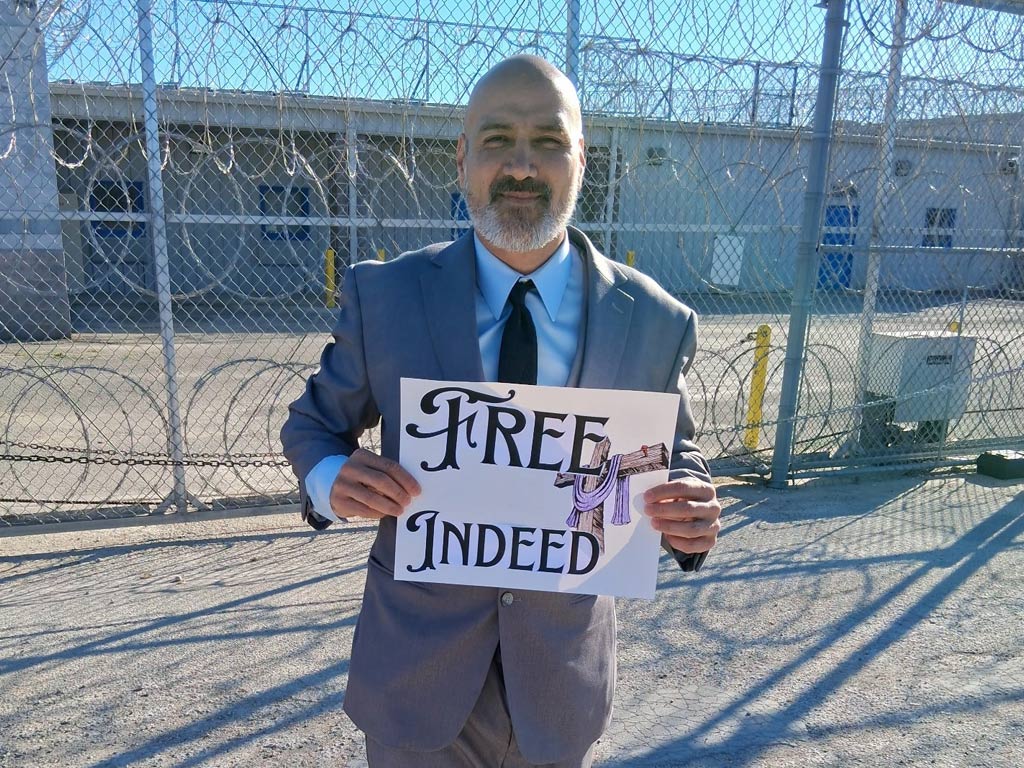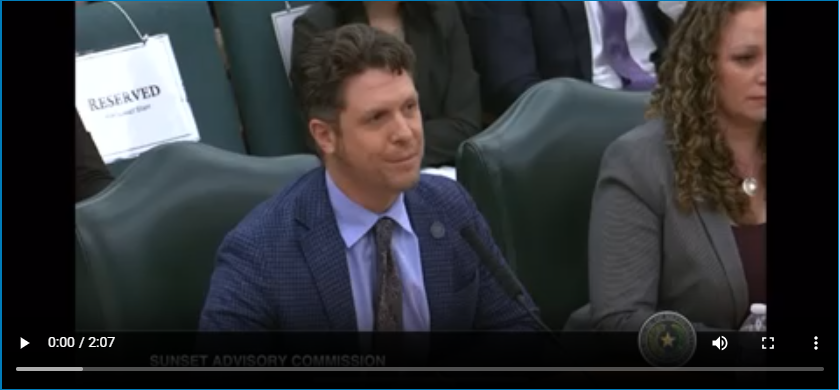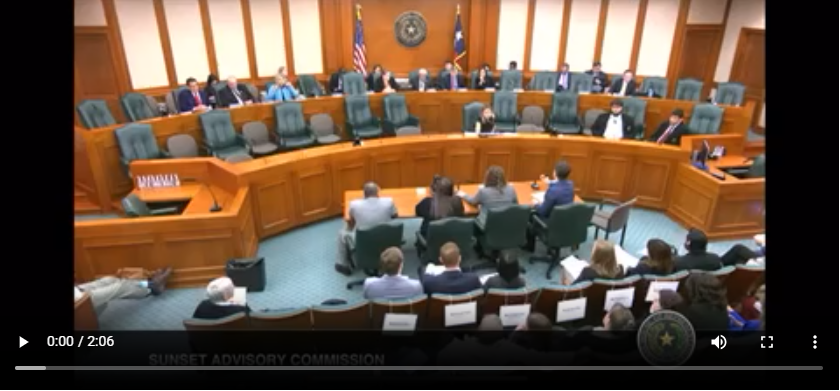Texans Convicted of Crimes in their Youth Deserve a Second Look
Texans Convicted of Crimes in their Youth Deserve a Second Look

Larry Robinson is no stranger to the battlefield, having served five combat tours in his 24 years as a sergeant in the U.S Army. But now he is fighting for a much more personal cause—a chance at redemption for his son, Jason.
While Robinson was deployed to Iraq in 1994, his son, 16 at the time, was part of a robbery that led to the death of pawn store clerk Troy Langseth. Although Jason wasn’t the shooter, he was sentenced to life in prison.
Now, more than a quarter century later, the Texas Legislature is set to decide whether people convicted of serious crimes in their youth should be considered for parole after 20 years, instead of 40 years.
On April 8, the Texas House approved HB 686 with more than a two-thirds majority. The “second-look” concept as applied to crimes committed by minors embodied in HB686 is not new—and is becoming law in a growing number of states. The conservative Ohio Senate approved a comparable bill with nearly 90 percent of lawmakers in support, and it was signed earlier this year by Gov. Mike DeWine.
Texas must follow. Research has demonstrated that young people who offend, including those who commit the most heinous crimes, are even more capable of change than their older counterparts. Jason, now 43, is a case in point. He has earned two degrees while incarcerated and is now training as an HVAC technician.
Instead of languishing longer in prison at a cost of about $25,000 a year to taxpayers, such individuals could be contributing to the resurgent Texas economy, which is facing a shortage of workers in many skilled fields.
Such benefits, of course, would not matter if adopting second-look legislation would imperil the safety of our communities. But the data is clear that this is not the case. A study of Pennsylvania juveniles serving life terms who were released on a similar basis revealed that just two of the 174 youth who were freed had been convicted of a new offense during an average 21-month period following release.
Read Full Article: https://thecannononline.com/texans-convicted-of-crimes-in-their-youth-deserve-a-second-look/
# Tags:
Criminal justice reform, Parole reform, Second-look legislation, Texas Legislature, Youth offenders




